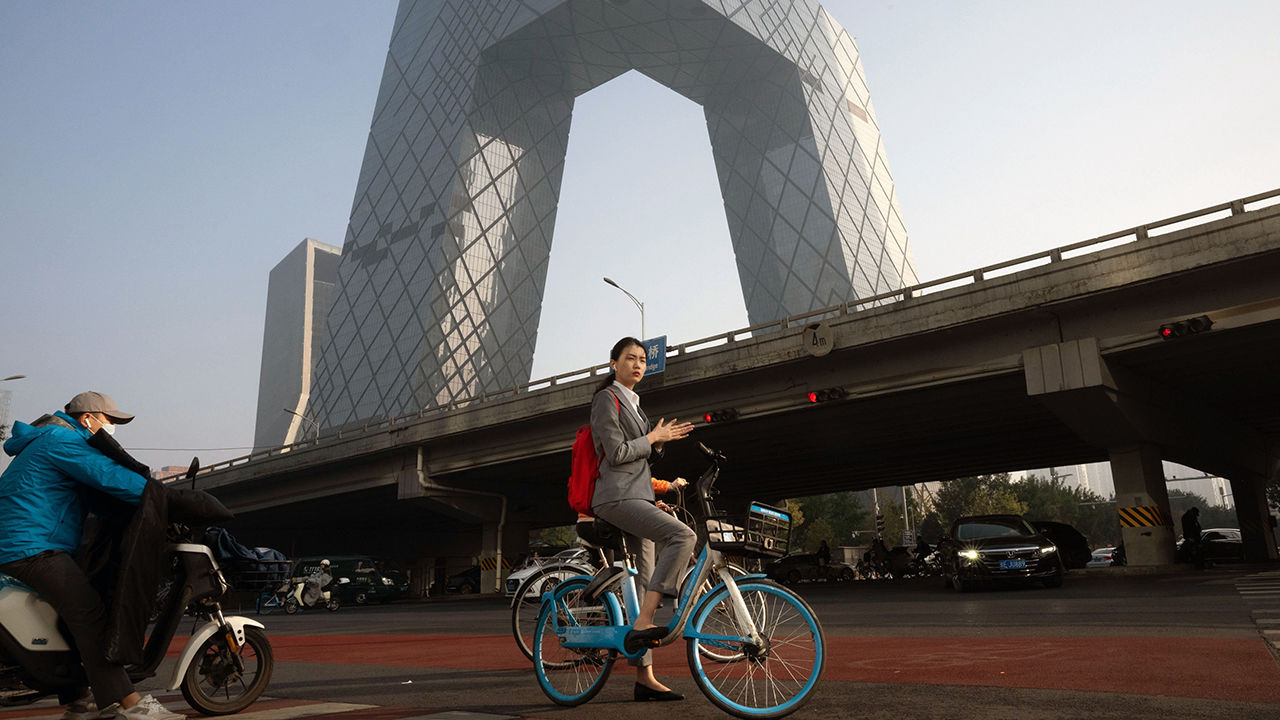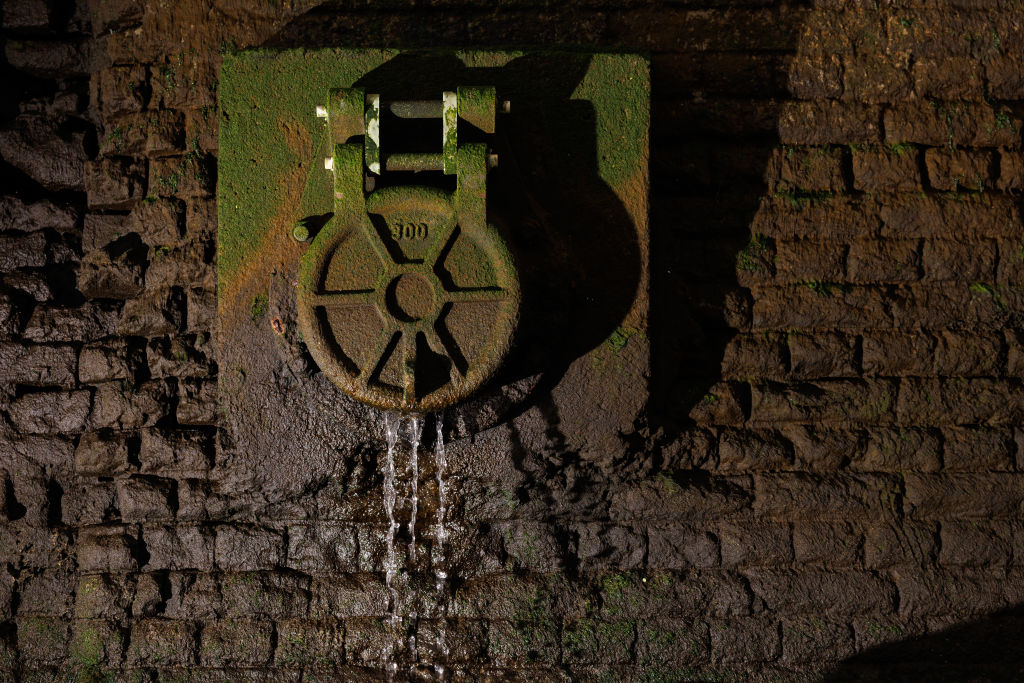Black Lung Battle: Lawmakers Pressed to Hold Coal Giants Accountable
Companies
2025-03-20 18:02:57Content
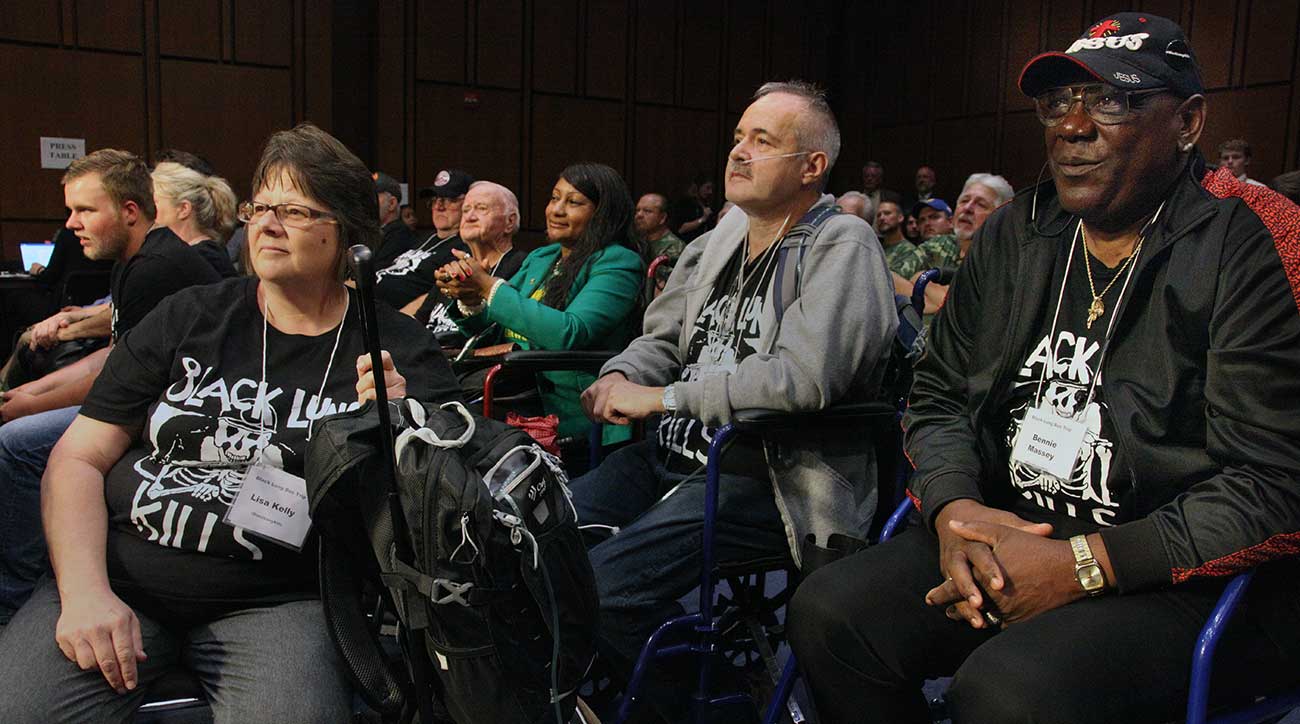
In a powerful call to action, Rebecca Shelton, Director of Policy at Appalachian Citizens' Law Center, demands comprehensive legislative intervention to address the devastating black lung disease crisis. Her passionate plea urges Congress to prioritize miners' health and welfare over corporate interests, emphasizing the urgent need for meaningful reform.
Shelton argues that lawmakers must take decisive steps to prevent the spread of this debilitating occupational disease, enhance support for affected miners, and safeguard the critical trust fund that provides essential financial assistance. Her statement challenges the current approach, which she sees as overly sympathetic to the mining companies responsible for creating this public health emergency.
The call highlights the moral imperative to protect the workers who have sacrificed their health in the pursuit of powering our nation's economy, demanding accountability and genuine support for those most impacted by years of industrial negligence.
Unmasking the Silent Killer: The Devastating Impact of Black Lung Disease on Appalachian Miners
In the heart of America's coal country, a silent epidemic continues to ravage the lives of hardworking miners, exposing a critical healthcare crisis that threatens the very foundation of industrial labor and worker protection. The battle against black lung disease represents more than just a medical challenge—it's a profound human rights issue that demands immediate national attention and comprehensive legislative intervention.Confronting the Harsh Realities of Industrial Health Hazards
The Invisible Occupational Threat
Coal mining represents one of the most dangerous professions in the United States, with workers consistently exposed to life-altering respiratory risks. The progressive lung disease, characterized by extensive scarring and reduced respiratory function, systematically destroys miners' health through prolonged exposure to coal dust and hazardous particulate matter. Medical research indicates that repeated inhalation of microscopic mineral particles creates irreversible damage to lung tissue, transforming healthy respiratory systems into compromised, fragile networks struggling to maintain basic oxygen exchange. Extensive medical studies have demonstrated that miners face exponentially higher risks of developing chronic respiratory conditions compared to workers in other industrial sectors. The cumulative impact of dust exposure creates a devastating trajectory of declining health, often rendering workers unable to continue their professional careers or maintain quality of life in their later years.Legislative Failures and Corporate Accountability
The current regulatory framework surrounding occupational health protection remains fundamentally inadequate, allowing corporate interests to consistently prioritize profit margins over worker safety. Despite decades of scientific evidence documenting the severe health consequences of prolonged dust exposure, legislative bodies have repeatedly failed to implement comprehensive protective measures. Regulatory agencies have been criticized for maintaining lenient standards that permit excessive dust concentrations in mining environments. These systemic failures create an environment where workers are essentially sacrificed in the pursuit of economic productivity, with minimal accountability for long-term health consequences.Economic and Social Implications
The black lung disease epidemic extends far beyond individual medical challenges, representing a profound socioeconomic crisis affecting entire communities. Miners diagnosed with the condition frequently experience complete loss of earning potential, placing immense financial strain on families already struggling with limited economic opportunities. Rural Appalachian communities bear the brunt of this healthcare crisis, witnessing generations of workers systematically compromised by industrial practices that prioritize extraction over human welfare. The economic ripple effects include increased healthcare costs, reduced workforce participation, and generational cycles of poverty directly linked to occupational health challenges.Medical and Technological Interventions
Emerging medical technologies and advanced respiratory protection equipment offer potential pathways for mitigating black lung disease risks. Innovative dust suppression techniques, enhanced personal protective equipment, and sophisticated monitoring systems represent critical tools in preventing progressive lung damage. Researchers are developing comprehensive screening protocols and advanced diagnostic technologies capable of detecting early-stage lung modifications, potentially interrupting the disease's progressive trajectory. These technological interventions, combined with stringent regulatory oversight, could fundamentally transform occupational health standards within the mining industry.Advocacy and Future Perspectives
Grassroots organizations and worker advocacy groups continue to play a pivotal role in raising awareness and demanding systemic change. By amplifying miners' experiences and presenting compelling scientific evidence, these groups challenge existing regulatory frameworks and push for meaningful legislative reforms. The ongoing struggle against black lung disease represents a critical intersection of public health, worker rights, and corporate accountability. Comprehensive solutions will require multifaceted approaches involving medical research, technological innovation, legislative reform, and sustained public engagement.RELATED NEWS
Companies
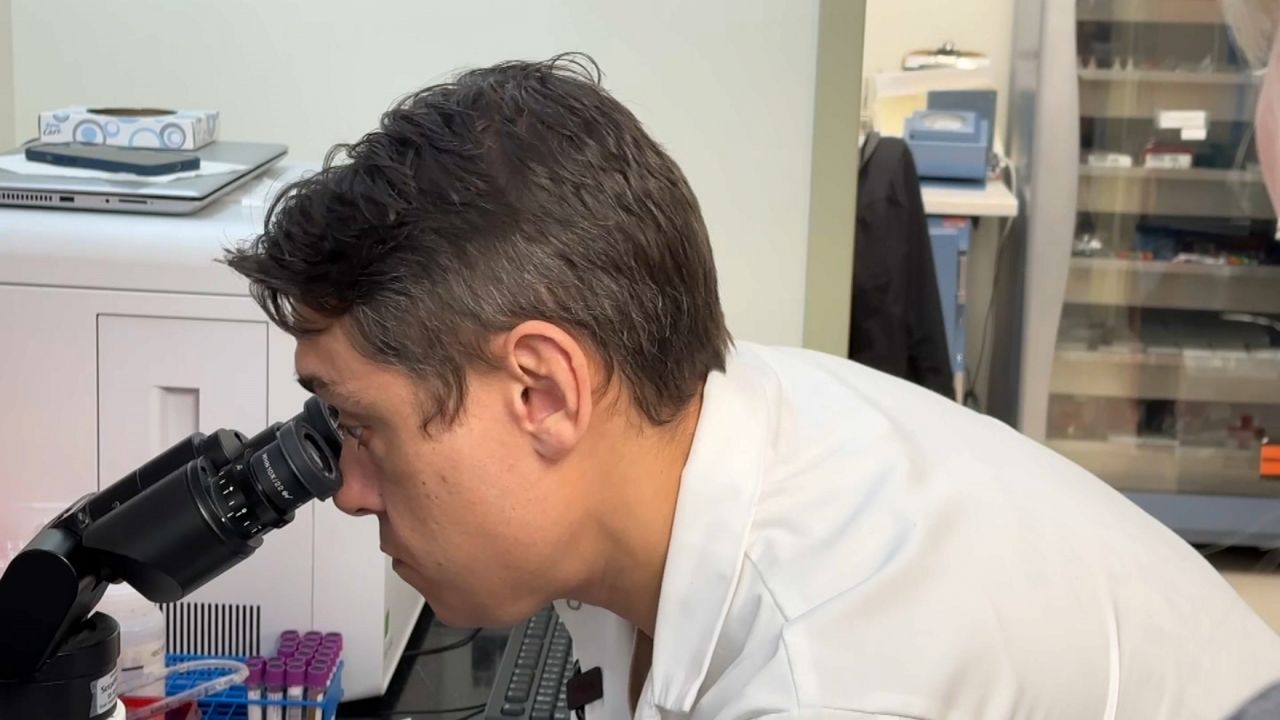
Tech Titans and Local Leadership: Mike Bare Champions Epic's Economic Impact
2025-03-02 15:00:00
Companies

Cyber Threats Unmasked: How This NYC Startup Is Revolutionizing Digital Defense
2025-03-08 09:10:17
Companies
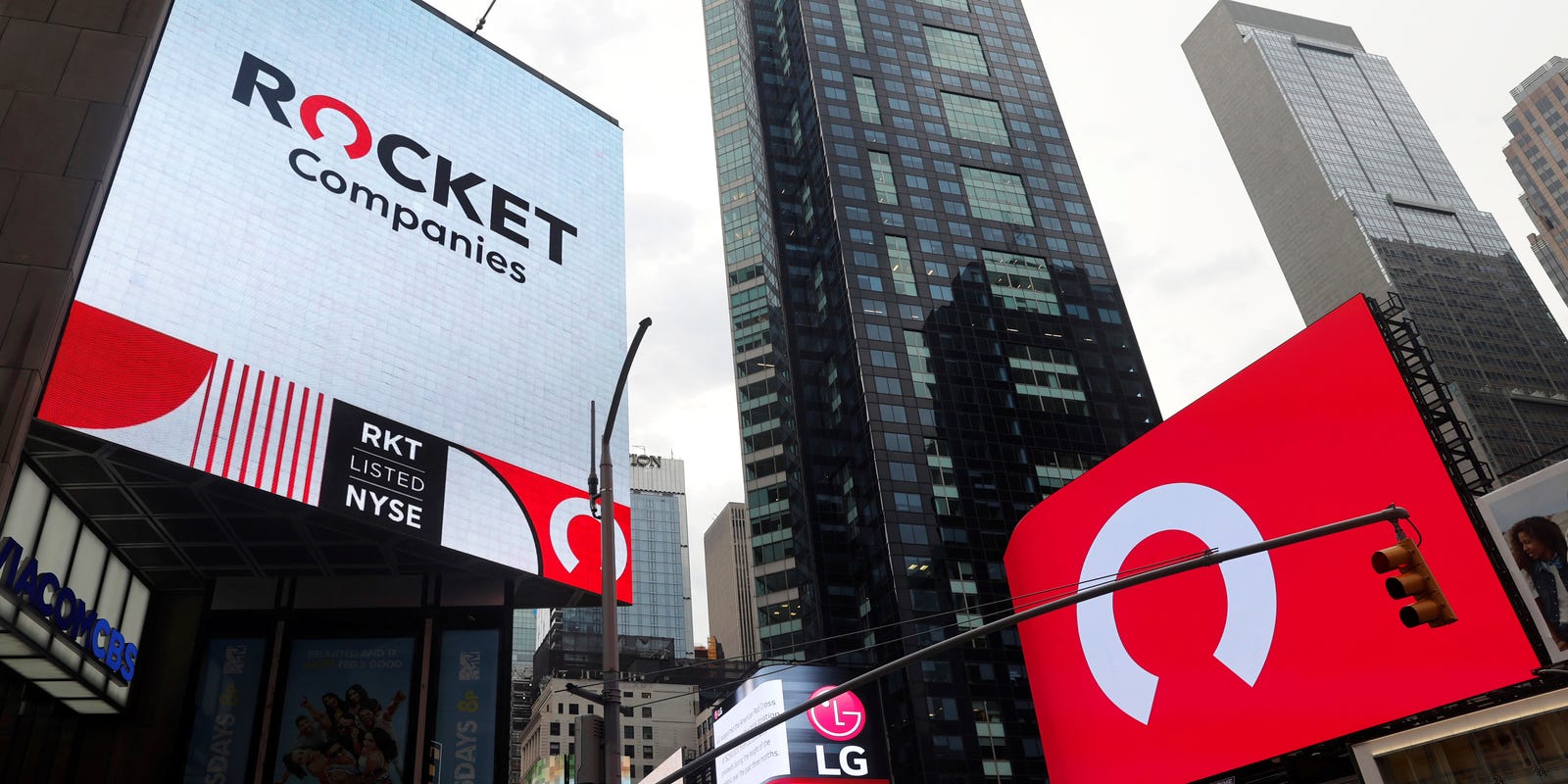
Mortgage Titans Collide: Rocket Companies' Bold $9.4B Takeover of Mr Cooper Group Reshapes Real Estate Landscape
2025-03-31 13:07:56




